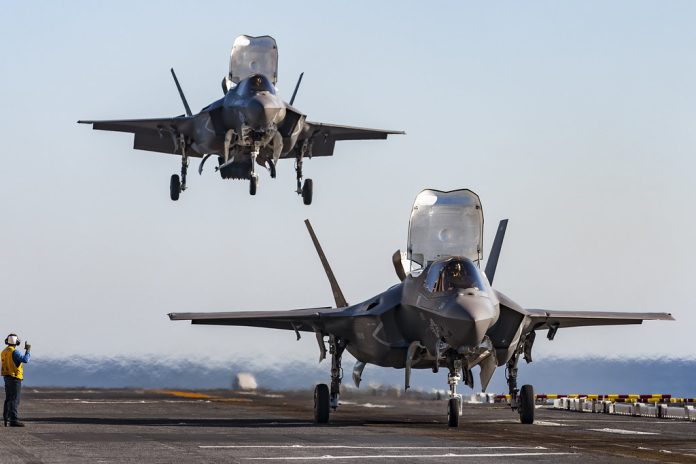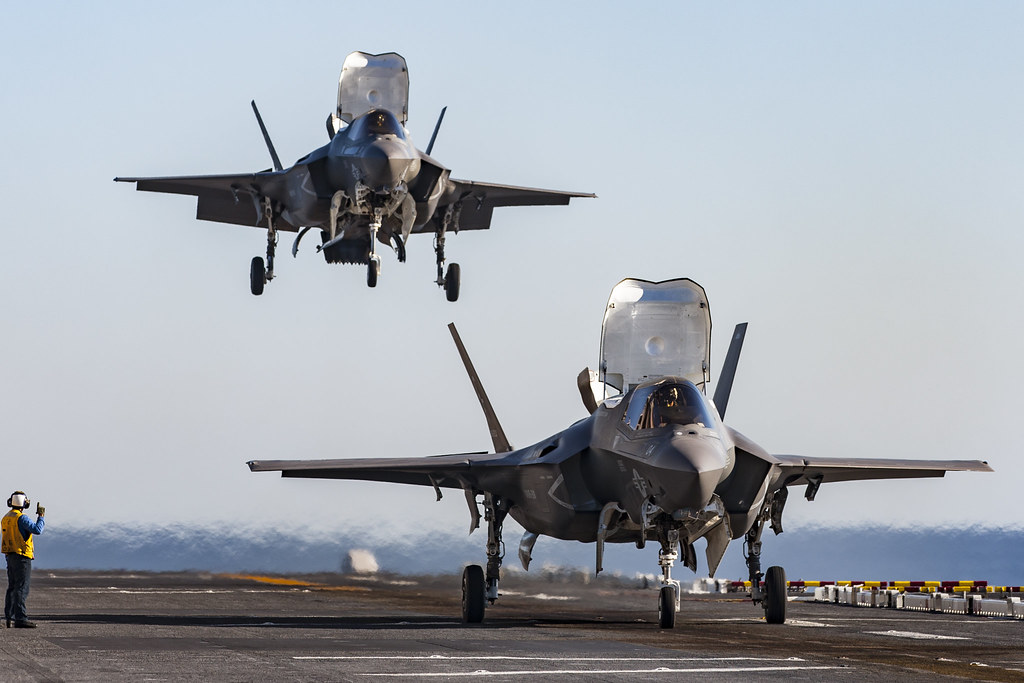
As Israel’s Ministry of Defense approves a $3 billion procurement for a third squadron of F-35 Joint Strike Fighters, the strategic alliance between the United States and Israel is highlighted.
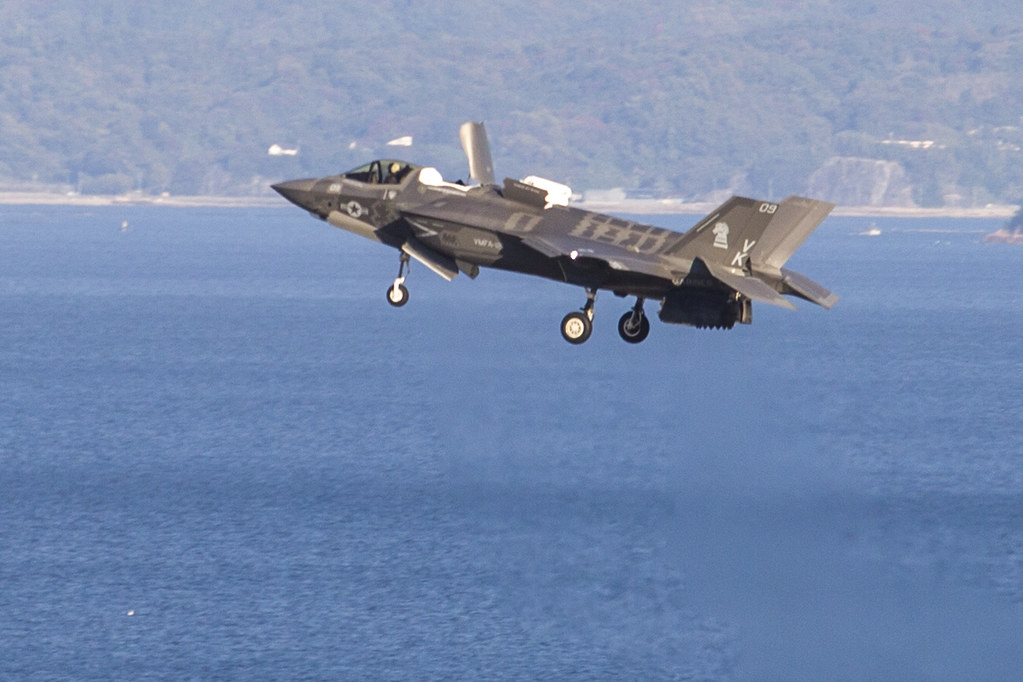
This acquisition comes at a time when tensions in Gaza are straining Israel’s relationship with its staunchest ally.
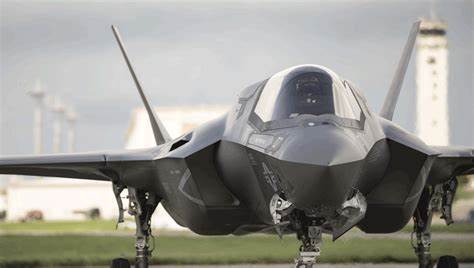
Despite domestic and international calls to curb military support for Israel, the deal signifies a deeper commitment to military preparedness by the Israeli Defense Force (IDF) in a region filled with uncertainty.
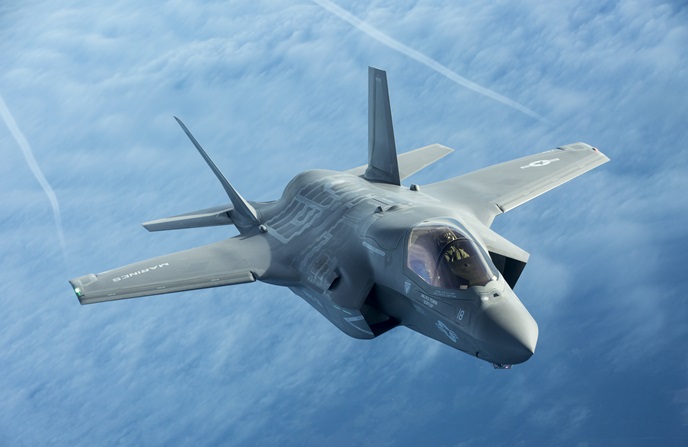
The 25 “Adir” warplanes, as Israel calls the F-35s, represent more than just an order for advanced aircraft, they are a statement of strength, partnership, and foresight.
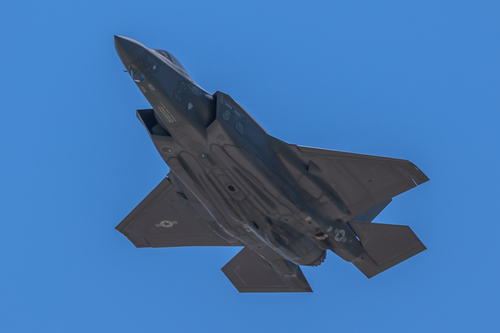
Set for delivery starting in 2028 and potentially extending until 2036, this order reflects the strong Israel-US ties and Israel’s steadfast stance in an increasingly volatile Middle East.
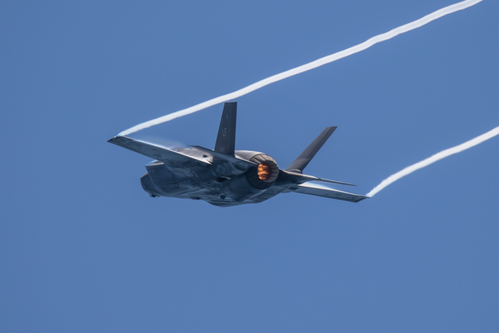
Maj. Gen. (Ret.) Eyal Zamir, Director General of the Israeli Ministry of Defense, noted that the “accelerated” procurement process is a direct response to the recent conflict with Gaza initiated by a Hamas attack in October 2023.
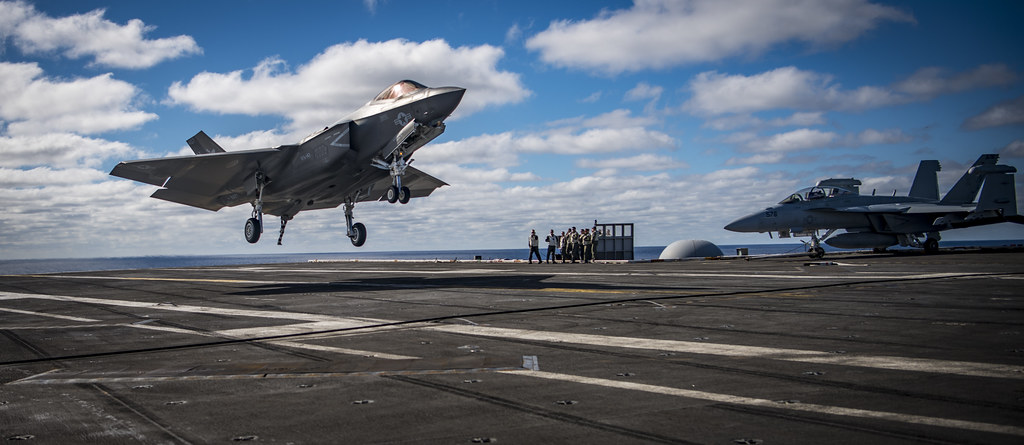
These fifth-gen stealth fighters, built by Lockheed Martin, come “complete with support and maintenance services,” a testament to the comprehensive nature of this deal.
.jpg)
They will augment the capabilities of the IDF and ensure readiness for “multi-threat challenges in the coming years.” The F-35s have already demonstrated their operational value, having engaged in various combat operations since their initial induction in 2016, including the downing of a cruise missile and a rumored strike on an Iranian embassy in Syria.
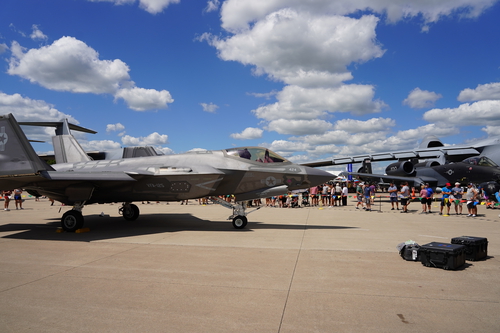
The ministry’s announcement is timed against a backdrop of intricate geopolitical dynamics. The Israeli government, under Prime Minister Benjamin Netanyahu, finds itself in a delicate political dance with the US administration over a proposed plan to halt the Gaza conflict.
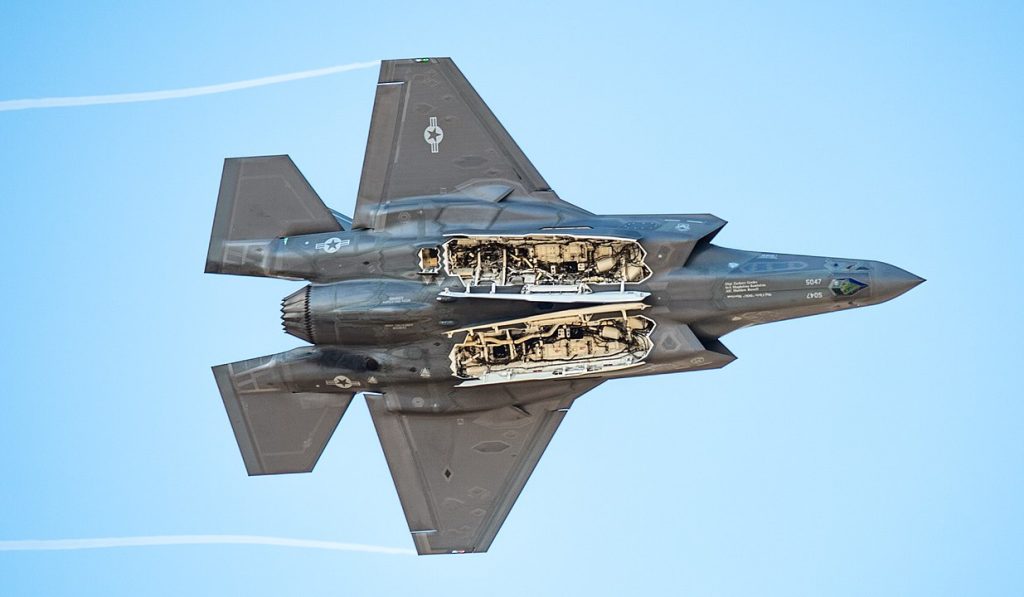
The burgeoning discourse within the US advocating for a restriction or cessation of arms support to Israel makes this deal all the more significant.

The deal’s funding through US Foreign Military Financing underscores the complexity of the two nations’ military-industrial interdependencies.
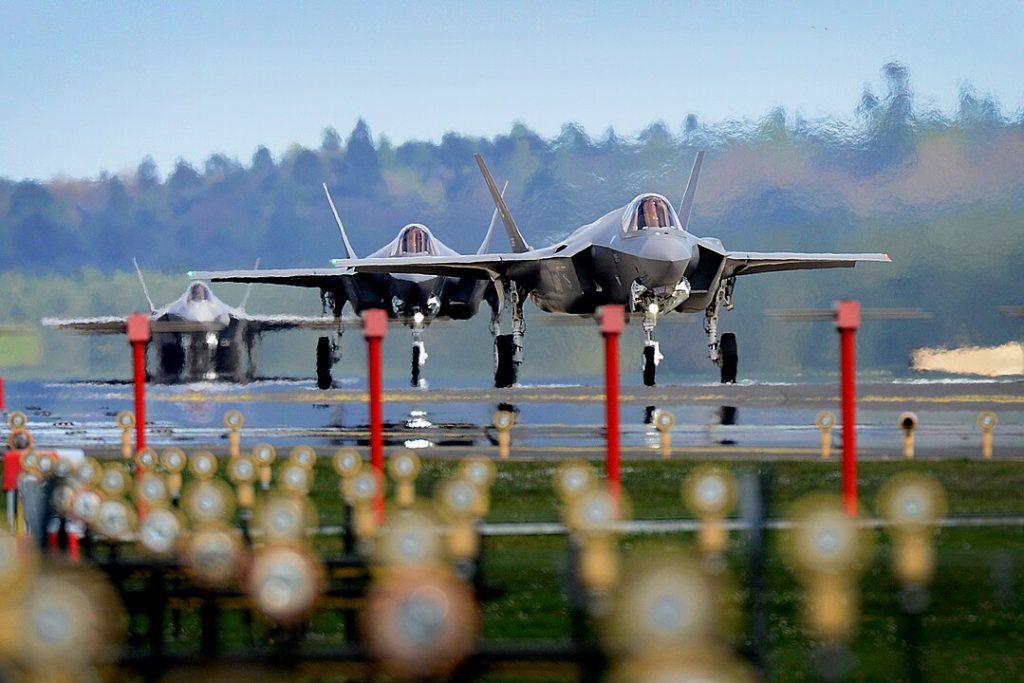
The procurement of additional F-35s is part of an overarching initiative by the Israeli Ministry of Defense to bolster the nation’s defense apparatus.
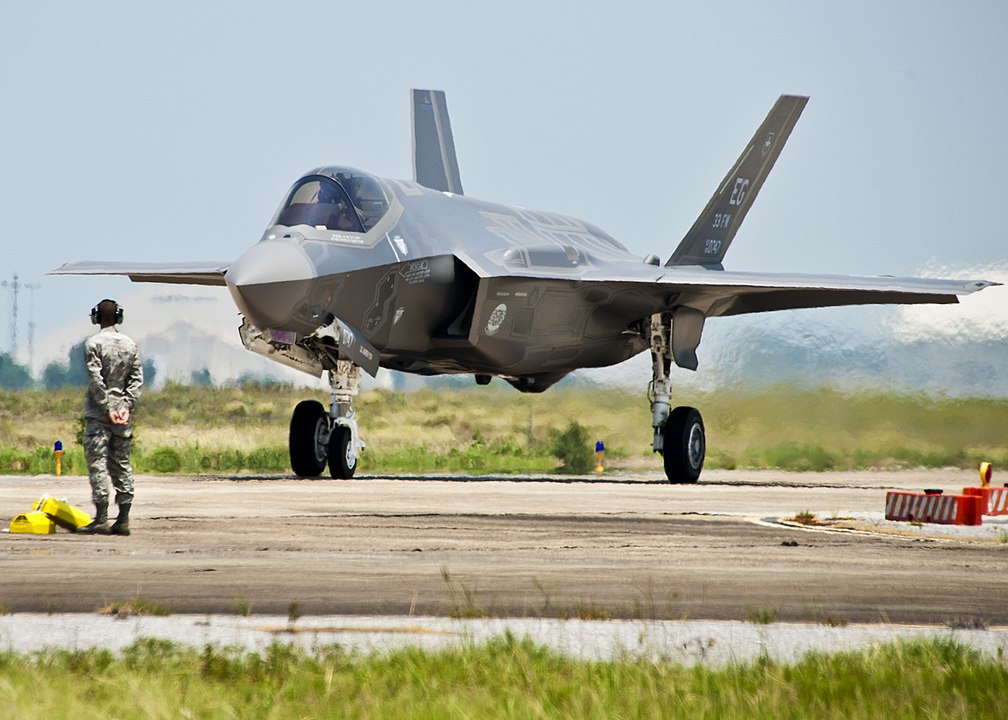
The third F-35 squadron personifies the IDF’s commitment to maintaining its qualitative edge, as Minister of Defense Yoav Gallant emphasized the message it sends to adversaries across the region.

This sentiment is further emboldened by Gallant’s expression of gratitude towards the US for reinforcing Israel’s strategic capabilities, despite the external pressures and internal contentions.
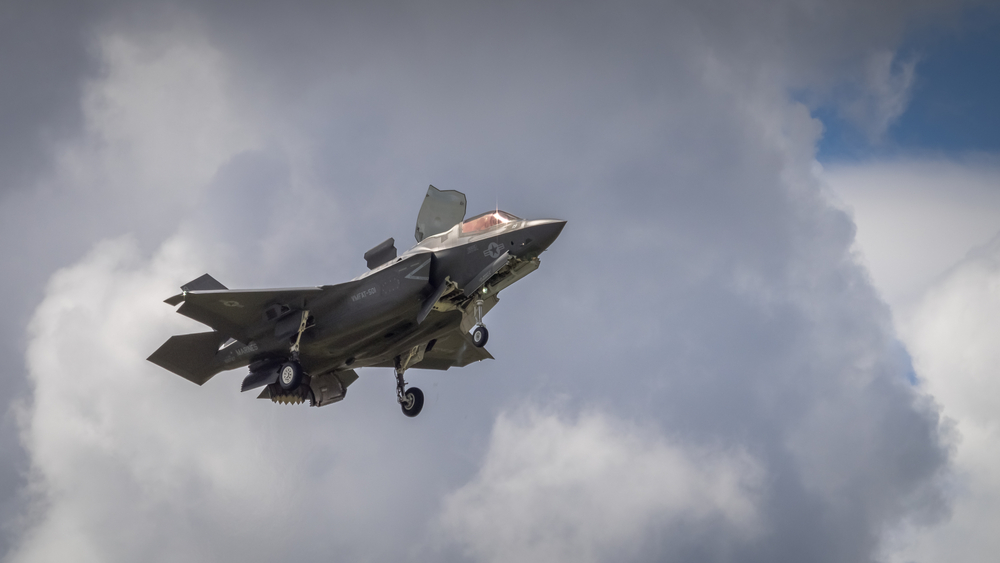
Advanced airframes and capabilities such as unmanned wingman concepts, like the Airbus “Wingman,” and other unmanned aerial platforms are redefining the parameters of air superiority and operational versatility. This places Israel’s F-35 acquisition within a broader context of rapidly developing military technology and the shifting doctrines it necessitates.
Relevant articles:
– Amidst Gaza tensions, Israel signs F-35 deal with US for 25 more warplanes , Breaking Defense, 06/05/2024
– Airbus reveals futuristic wingman concept, teams with German startup Helsing for AI tech, Breaking Defense, 06/05/2024
– Israel Considers Alternative Gaza Governance Amid Uncertainty Over Cease-Fire Deal, Pop Smoke Media, 06/03/2024
– MQ-9 B Drones: US, India Chart Out Final Deal For $3.9B Reapers Amid USAF Losing 6th UAV In 9 Months, EurAsian Times, 06/04/2024
